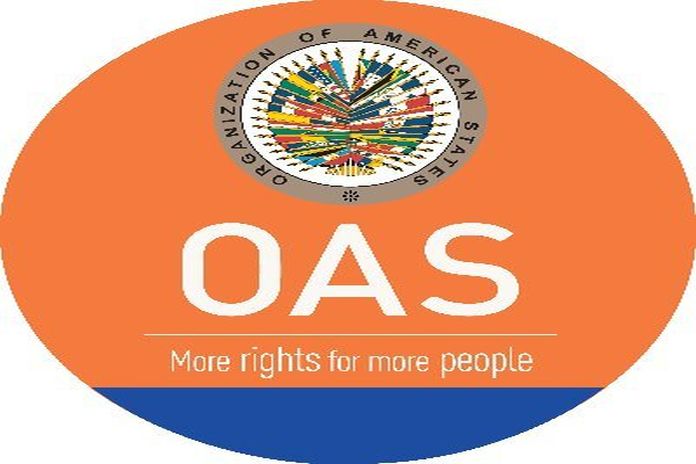Antigua and Barbuda is pleased to advance this “Manifesto Against Poverty.” Poverty remains at the root of inequality, inequity and underdevelopment within nations and between them. ~ Sir Ronald Sanders
“We are sending, together with the Missions of Colombia and Antigua and Barbuda, for the consideration and discussion by the Member States a “Manifesto against Poverty in the Americas.” We must make the necessary changes in institutions in general so that they become inclusive and transform vicious circles into virtuous circles. The creation of wealth is fundamental, but it will not solve the problems of poverty on its own if institutions do not have real and sustained commitments to provide solutions for all people. We owe ourselves an ethical commitment to significantly reduce poverty so that we can live with more rights for more people.” ~ Luis Almagro.
WASHINGTON, USA – The message… goes well beyond poverty traps… Ideology, ignorance, and inertia… often explain why policies fail” (Banerjee and Duflo)
“We want to live in a region of peace, a region that expresses peace and lives it, and for peace to be the main source of identity for the region’s.”
“A region at peace is the best possible way to put an end to the scourges afflicting the Hemisphere. Peace offers a solid foundation for identifying structural solutions to the problems we face. Similarly, peace needs support to make it stable and enduring, and that support is the elimination of poverty.”
Conclusions
We live in the world’s most unequal region and in one of the regions with the highest levels of poverty.
We owe ourselves an ethical commitment toward significantly reducing those levels so we can live together, with more rights for more people.
We must work comprehensively in our Hemisphere to ensure that in each country of the Americas, poverty is reduced to at least one digit and that political and institutional measures and actions are autonomously adopted to achieve those results through access to rights, shared wealth, and social action to eliminate vulnerabilities and asymmetries.
To achieve this, there are many “traditional” solutions, such as growth policies, policies to reduce inflation, and universal or targeted social policies. Traditional solutions require efficiency and management capacity, but conceptually we must understand that peace in the Hemisphere demands real solutions arising from an understanding of the poverty issue and direct and concrete actions to address it, together with institutional actions and social and economic policies that constrain and minimize vulnerabilities to avoid shameful asymmetries.
However, all of this has already been tried, and at the region’s optimal moment for growth; when poverty was significantly reduced, most of the countries in the region still had double-digit growth rates.
But since it is a multidimensional phenomenon, as soon as growth slowed, poverty increased again. People had seen their incomes improve, but their vulnerability in the remaining dimensions caused them to fall back into poverty.
The status quo, poverty traps, and vicious circles are obstacles to the implementation of major solutions, but at the same time they offer an opportunity to implement small, territorial-level changes.
We must make the necessary changes to the institutions so they become inclusive and transform vicious circles into virtuous circles. Wealth creation is fundamental, but it will not alone resolve the problems of poverty if the institutions do not have a real and sustained commitment to provide solutions to all people.
That requires dialogue and consensus among decision-makers and political, economic, and social organizations to build social, economic, and political cohesion.
Democracy and strong institutions with strongly egalitarian citizenship and equity in access to rights are required, and the conditions for accessing rights must be ensured through democratic governance.
The truth needs to be shared in long-term projects, without exclusions and with political dialogue to structure the processes of social containment for everyone.
Within the OAS, we are committed to designing a comprehensive strategy within which, along with other steps, we will call on the business community of the Americas, on academia, and on civil society to embark on a great historic dialogue that will allow us, for the first time in our history, to jointly construct a real agenda for addressing the poverty that overwhelms, saddens, and fragments us. We must work together to ensure that rights reach every individual and every family, with real actions to generate conditions of dignity and respect for the excluded and the poor, whatever their origin.





